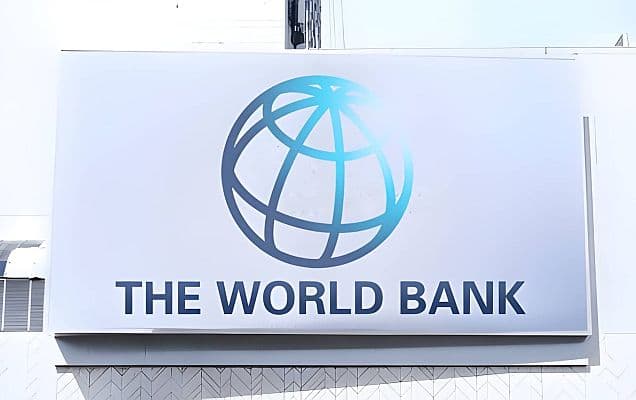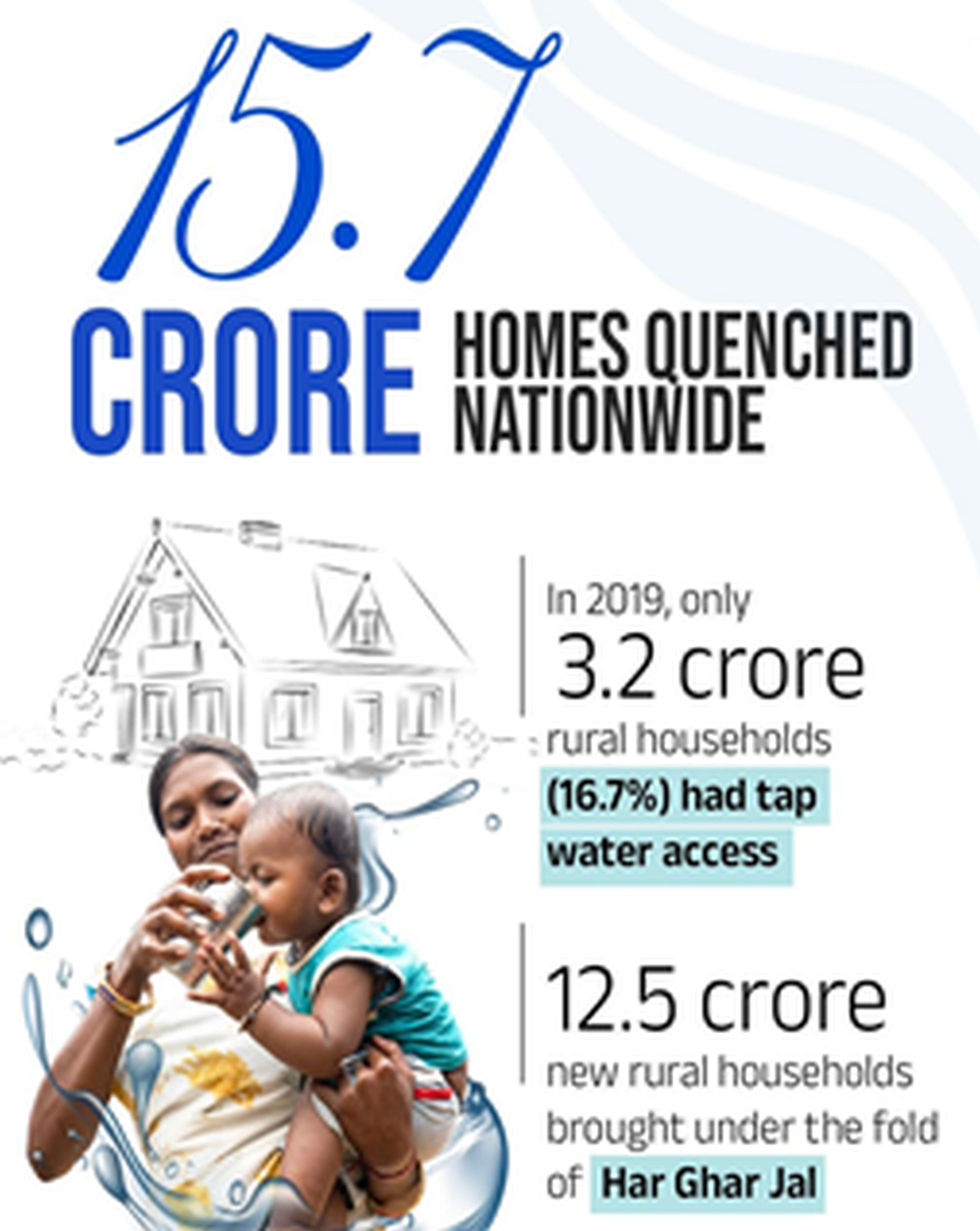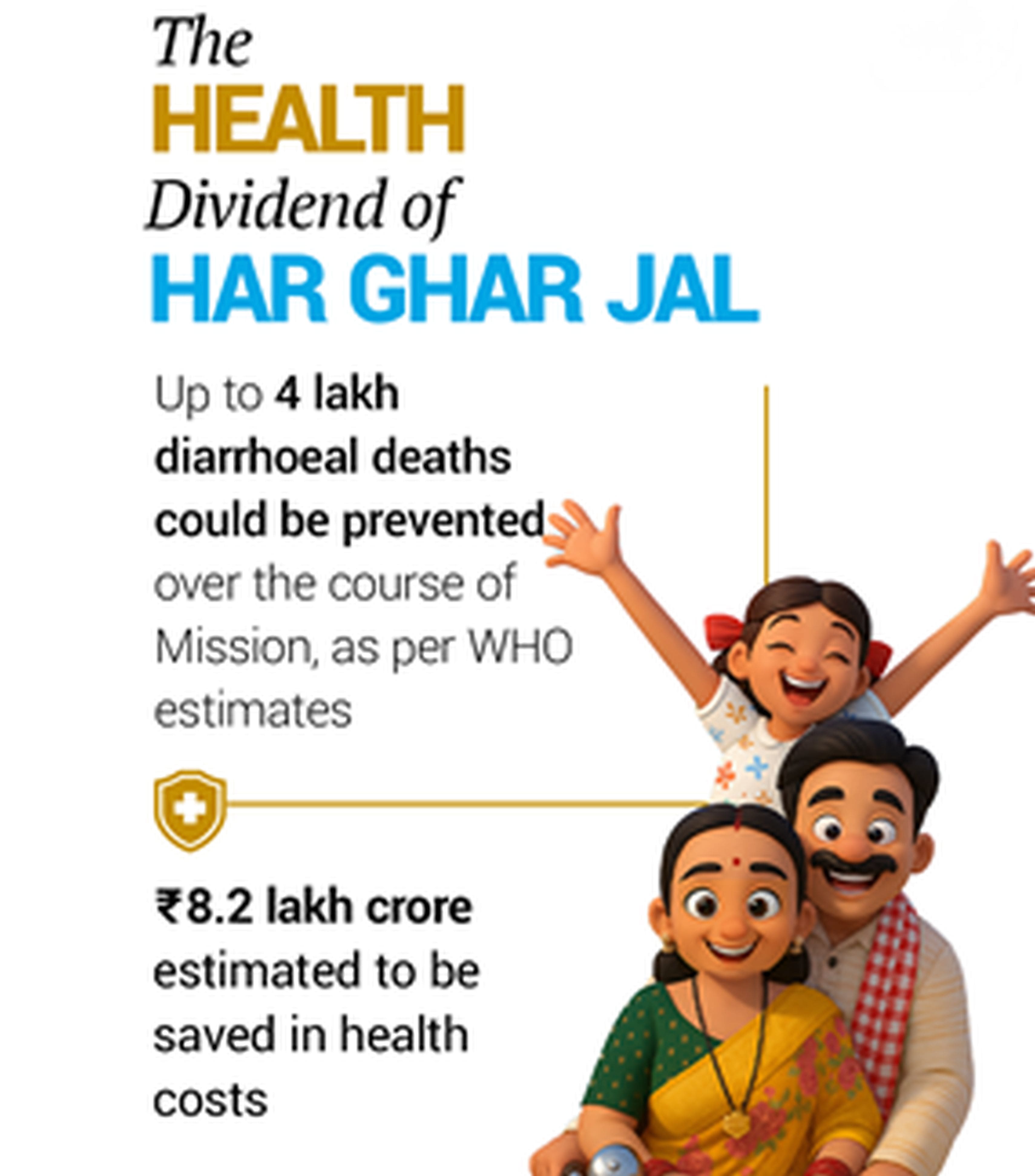Before 2014, one scandal after another exposed the corrupt ways of an old Indian elite that had wormed itself deeply into parliament, media, and the commanding heights of the industry. More and more new tycoons rose not on merit but on political connections. The nexus between big business and politics became the hallmark of the political regime before 2014.
Indians were disgusted by the brazenness of these machinations and crony capitalism when 2G licences were given to favourites, the fraud which apparently cost the country Rs 1.76 lakh crore; coal mine licences were given to fly-by-night operators, which caused a loss to the tune of Rs 1.86 lakh crore to the government, and the Supreme Court had to cancel allocation of the Coal Blocks. The coal scam, one of the biggest scams in the country, adversely impacted the Indian economy. Because of the scam, genuine companies did not come forward to mine the coal blocks, and India was compelled to import coal from outside. While the harmful policies and corruption brought stagnation in economic growth, persistent double-digit inflation and insufficient jobs, crony capitalism created a deep dent in India's reputation and global image.
The legitimacy was provided to foreign capital flows from dubious sources through tax havens, political protection to illegal mining businesses and reluctance to penalise lawbreakers and super-rich tax evaders. Agencies were "misused" to save then sitting ministersand to retain power. For survival, ED and CBI were asked to go soft on coalition partner leaders facing probes for disproportionate assets. The concern for the common man proved shallow. It was "visibly reluctant" to tackle the price rise of essential commodities. It believed in providing a tax bonanza for big businesses and maintaining favourable terms for foreign finance speculators. All this promoted perverted capitalism, which was celebrated as India's growth story.
While the previous government ten years could be described as the "lost decade of corruption and cronyism," Prime Minister Narendra Modi's "politics of performance" made India the world's fastest-growing economy. A "devastated" economy, which was “rebuilt” by Prime Minister Modi "rebuilt" after coming to power at the centre in 2014.
The Modi government launched the government e-marketplace (GeM) for online purchases of goods and services. Subsequently, GeM became the Modi government's mandatory e-marketplace to source goods and services, as it applied to all departments and ministries. The government e-marketplace brought transparency, streamlined government procurement, and curbed corruption in India's procurement services. The government introduced the requirement of registering on the portal with an Aadhar card, PAN card and other identification systems to ensure security. The system has been designed to leave a digital trail, which has brought openness to doing business in India.
Powered by the Jan-Dhan, Aadhaar, and Mobile trinity, the Direct Benefit Transfer (DBT) became the poster child of India's corruption-reducing, welfare-enabling reform of the Modi government. While "saving" Rs 2 lakh crore by preventing leakages, the DBT's success has won India's global accolades. The IMF described DBT as a "logistical marvel" that has brought efficiency and transparency to government welfare schemes by eliminating the middlemen and intermediary bodies.
When Narendra Modi became India's Prime Minister in 2014, his government ensured that there was no control whatsoever over the probe agencies in registering, investigating, and prosecuting corruption cases. In addition, not only were investing agencies made independent, but the Modi government strengthened them. The Modi government, under the Prevention of Money Laundering Act (PMLA) 2002, allowed the ED to share information with 15 more agencies to bring more accountability to the workings of the government. Moreover, the Black Money (Undisclosed Foreign Income and Assets) and Imposition of Tax Act, 2015, and the Benami Property Act, along with the establishment of a Special Investigation Team (SIT) on Black Money, were enacted by the Modi government to tackle illicit financial activities. These efforts have resulted in the initiation of numerous cases and the recovery of substantial amounts of black money.
Prime Minister Modi's two consecutive terms have seen "tremendous structural changes" in the country. The most defining changes have been Prime Minister Narendra Modi's politics of performance, his ability to transform and execute it at an unprecedented scale and depth, solve problems that remained unsolved for decades and change the narrative about India. Before 2014, rampant corruption damaged the economy and stunted its development, preventing our nation from reaching new heights. However, the country's economic management, focus on inclusivity, ease of doing business and the successful implementation of welfare programs today is a shining example of how Prime Minister Modi's performance politics has transformed India over the last ten years, taking it from the 'fragile five' to the top five economies of the world, poised to be among the top three, while increasing India's global stature and influence.















